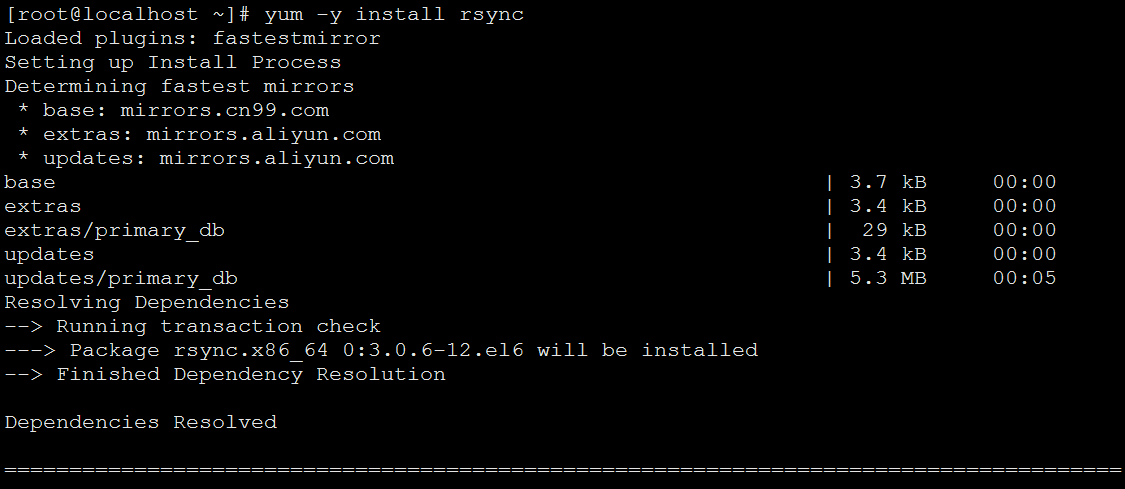源码 {#源码}
来自半年后的说明:我把代码转放到 gists 里了,当时代码风格受 Python 影响较大,这里就不再更改了,毕竟大家本地都有自己的格式化工具。
点击这里前往Github获取本文源码。
需求 {#需求}
众所周知,英文里的字数是单词数,而中文的字数就是字的个数。
那么我的第一想法自然是分开统计,之后汇总。
方案 {#方案}
匹配中文字符的正则是[\u4e00-\u9fa5],因此写出下列代码:
|------------------------------------|-------------------------------------------------------------------------------------------------------------------------------------------------------------------------------------------------------------------------------------------------------------------------------|
| 1 2 3 4 5 6 7 8 9 10 11 12 | function countWords(str) { const chinese = Array.from(str) .filter(ch => /[\u4e00-\u9fa5]/.test(ch)) .length const english = Array.from(str) .map(ch => /[a-zA-Z0-9\s]/.test(ch) ? ch : ' ') .join('').split(/\s+/).filter(s => s) .length return chinese + english } |
先拆开看看,我们最后调用length字段前的对象长什么样子:
|---------------------|---------------------------------------------------------------------------------------------------------------------------------------------------------------------------------------------------------------------|
| 1 2 3 4 5 6 | const str = 'Hello, world, 你好, 世界' const res = Array.from(str) .map(ch => /[a-zA-Z0-9\s]/.test(ch) ? ch : ' ') .join('').split(/\s+/).filter(s => s) console.log(res, res.length) // [ 'Hello', 'world' ] 2 |
需求达成,再来看看中文的:
|-------------------|---------------------------------------------------------------------------------------------------------------------------------------------------------------------------|
| 1 2 3 4 5 | const str = 'Hello, world, 你好, 世界' const res = Array.from(str) .filter(ch => /[\u4e00-\u9fa5]/.test(ch)) console.log(res, res.length) // [ '你', '好', '世', '界' ] 4 |
暂不考虑运行效率,我认为这样写出来是比较直观的了。
又不是不能跑.jpg
 51工具盒子
51工具盒子




